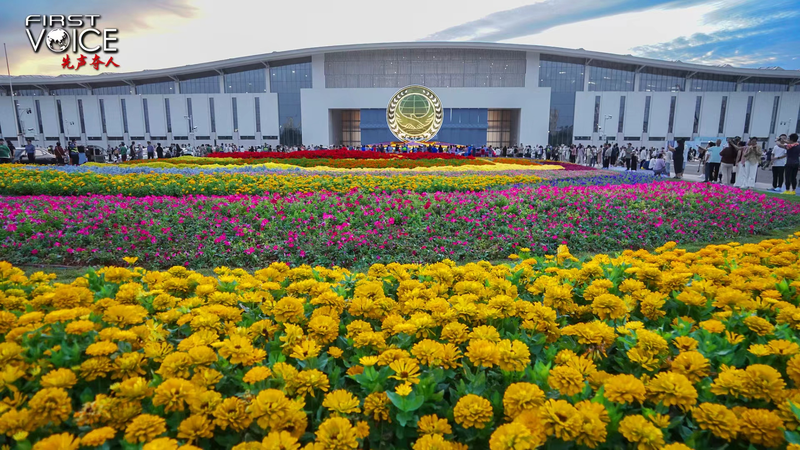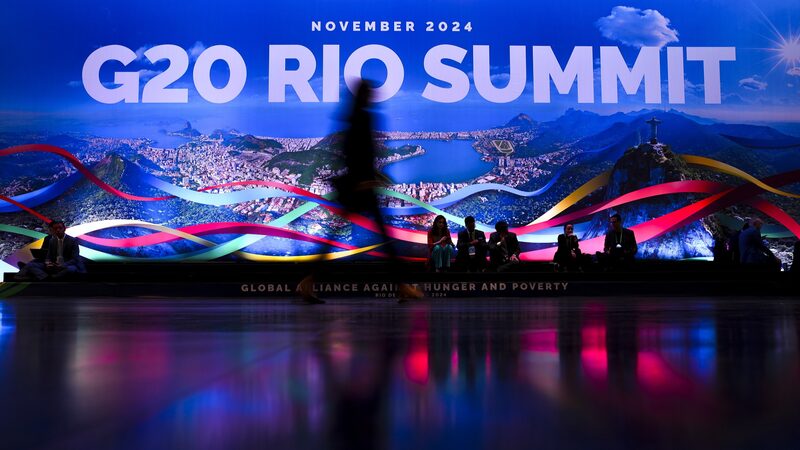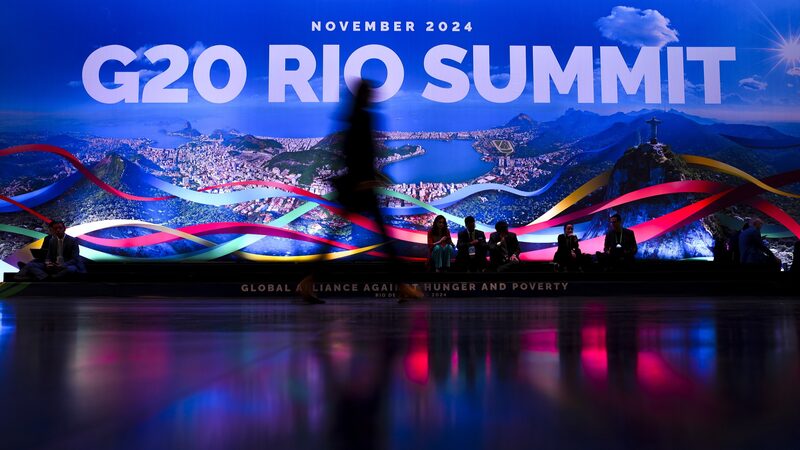Chinese President Xi Jinping's Global Governance Initiative (GGI), introduced at the Shanghai Cooperation Organization Plus meeting in Tianjin, has reignited discussions on reforming international systems to prioritize equality. The five principles outlined—sovereign equality, adherence to international law, multilateralism, a people-centered approach, and actionable solutions—aim to address widening global disparities.
Equality as a Foundation
The GGI emphasizes that all nations, regardless of size or political system, deserve equal sovereignty and development rights. This includes respecting each country's autonomy in choosing development paths aligned with their cultural and historical contexts. Without this foundation, Xi noted, claims of equality remain hollow.
Confronting Inequality
World Bank data reveals a stark reality: developing economies' growth rates have declined from 5.9% in the 2000s to 3.5% in the 2020s, with income inequality persisting within and between nations. Over a third of the global population lives on less than $6.85 daily, underscoring systemic imbalances favoring high-income countries in trade, technology, and capital.
AI's Double-Edged Impact
While artificial intelligence offers transformative potential, its benefits remain unevenly distributed. Low-income countries, with just 27% internet access, face challenges leveraging AI compared to high-income nations (93% access). Emerging economies reliant on labor-intensive manufacturing risk further marginalization as AI shifts production toward tech-driven models.
China's GGI framework seeks to bridge these gaps through collaborative reforms, positioning equality as essential for sustainable global progress.
Reference(s):
cgtn.com








